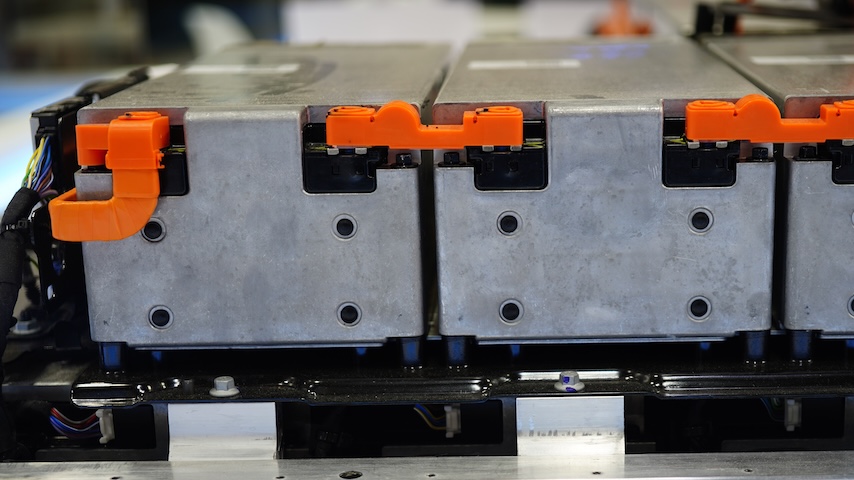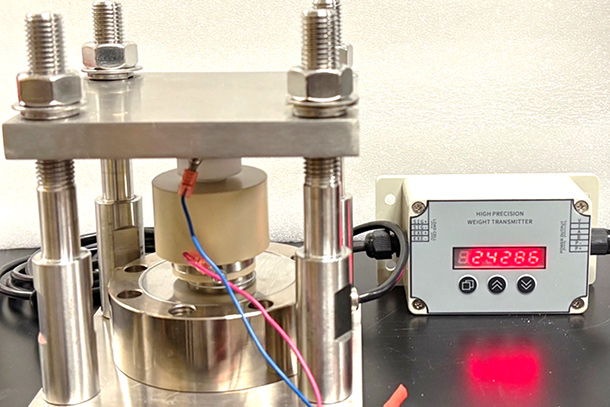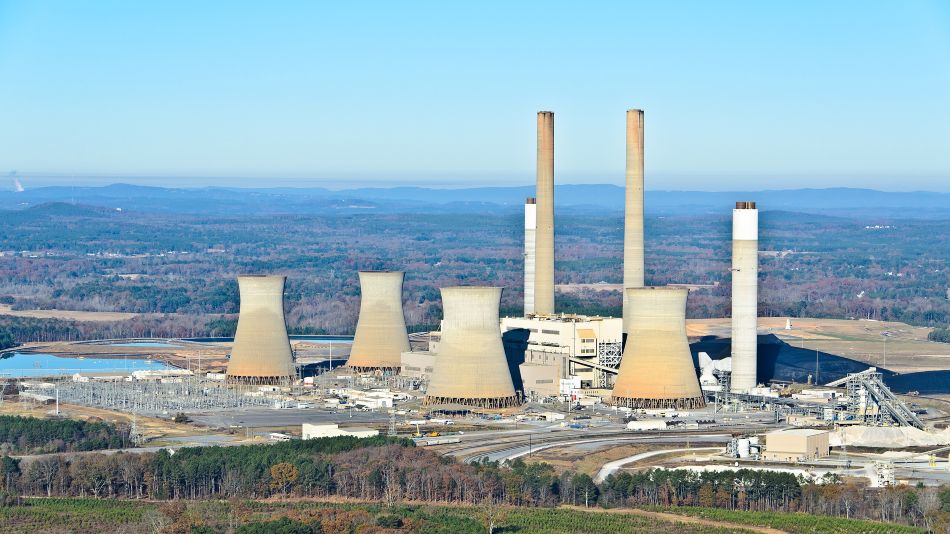House Committee on Energy and Commerce Subcommittees Holds Hearing on the Impact of Wildfires on the Power Sector
House Committee on Energy and Commerce Subcommittees Holds Hearing on the Impact of Wildfires on the Power Sector
The House Committee on Energy and Commerce, Subcommittees on Environment and Climate Change and Energy, recently held a hearing entitled “Out of Control: The Impact of Wildfires on our Power Sector and the Environment.” The hearing was called in response to the almost 50,000 wildfires that burned nearly 4.6 million acers in the United States last year alone. The hearing examined how climate change is fueling the frequency, size, and severity of the wildfires and how human causes, such as downed power lines, are often the source of ignition. The Subcommittees listened to testimony form five key witnesses, including from Mr. William Johnson, CEO and President of PG&E Corporation. PG&E power lines are said to be at fault for causing a number of deadly fires, including the Camp fire in northern California.
Mr. Johnson began by stating that PG&E is sorry for the role they played in the fatal fires in California, quickly followed by sharing how the corporation is taking proactive steps to ensure its business is operating safely. PG&E is implementing a Wildfire Safety Plan and using updated technology and infrastructure to better protect against future fires, while also working to increase grid resilience so that power can be kept on in vulnerable comminutes during significant wind events, when it now has to be turned off for protection. Mr. Johnson also thanked Congress for implementing policies to increase wildfire resilience, such as including Unmanned Aerial System (UAS) provisions under the Federal Aviation Administration Act, noting that “these important policies allow utilities to apply for a beyond visual line of sight (BVLOS) waiver, which can be utilized for emergency response and to speed up restoration following storms, outages or PSPS events.” He also urged Congress to take further steps in an addressing climate change and implementing a “market-based, economy-wide climate policy.”
Additional witnesses include:
- John MacWilliams, Senior Fellow, Center on Global Energy Policy, Columbia University
- Dr. Anthony S. Davis, Interim Dean, College of Forestry, Oregon State University
- Dr. Brandon M. Collins, Research Scientist, The Center for Fire Research and Outreach, Berkeley Forests, University of California, Berkeley
- David Markham, President and CEO, Central Electric Cooperative, Inc.
Much of the question and answer period focused on how advanced technologies are key to protecting the power sector in disastrous events like wildfires. Congressman Mike Doyle (D-PA) asked Mr. Johnson how he thinks advances in energy storage and micro grids could reduce the need for the Public Safety Power Shutoff (PSPS) program, to which he responded those technological advances, in addition to materials and others, would be highly beneficial. Congressman John Shimkus (R-IL) questioned Mr. Johnson as well, concluding that nuclear energy needs to be part of a portfolio of energy solutions.
To view a recording of the hearing, visit: https://www.youtube.com/watch?v=oRXRaQTtlWU.
For hearing documents, please visit: https://docs.house.gov/Committee/Calendar/ByEvent.aspx?EventID=110406.






